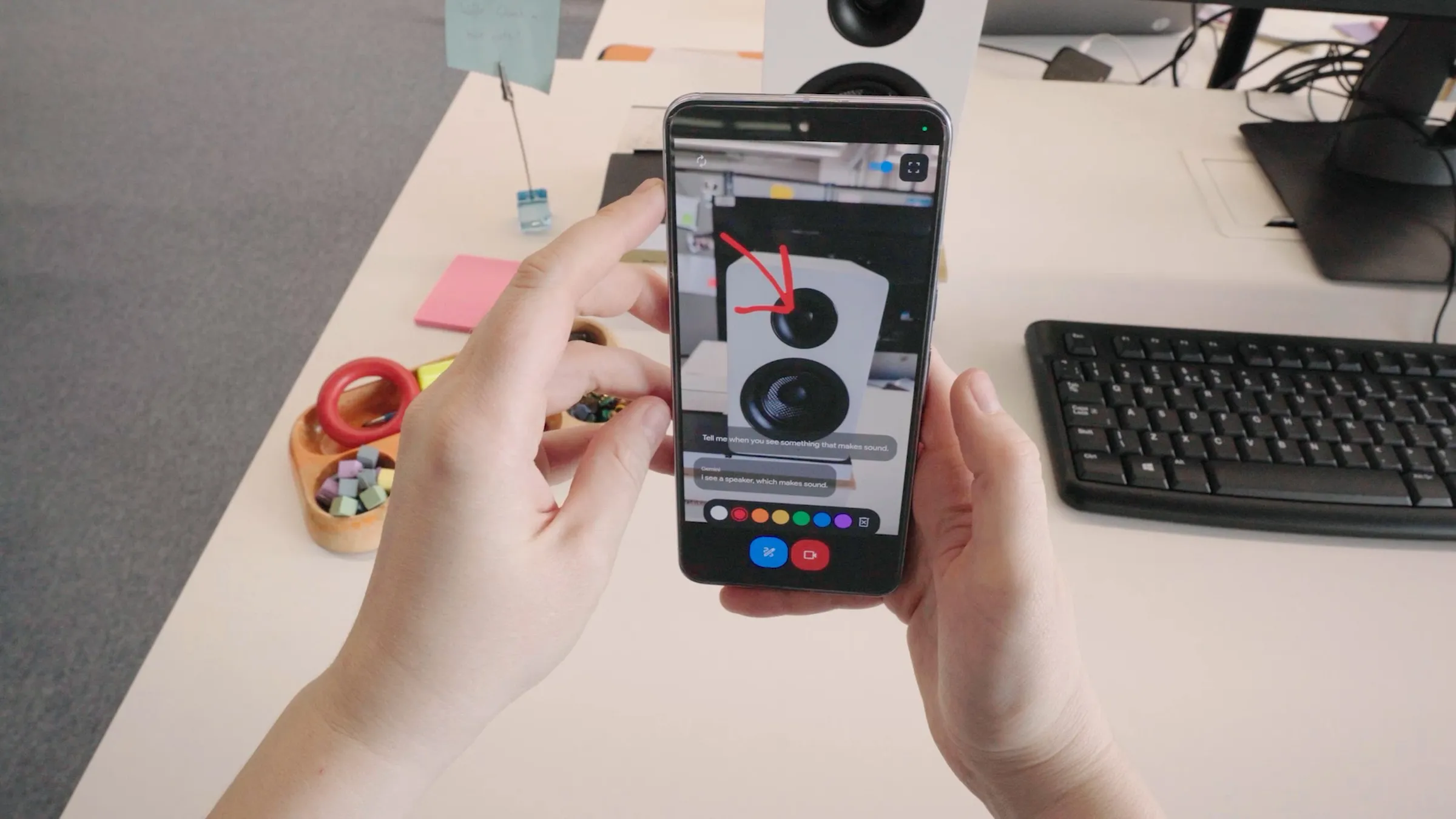Brain Chip Implant in a Human: Neuralink's Groundbreaking Achievement
Brain Chip Implant in a Human: Neuralink's Groundbreaking Achievement
Brain Chip Implant in a Human: Neuralink's Groundbreaking Achievement
Discover Neuralink's pioneering achievement in implanting the first brain chip in a human, a major leap in neurotechnology spearheaded by Elon Musk....
Discover Neuralink's pioneering achievement in implanting the first brain chip in a human, a major leap in neurotechnology spearheaded by Elon Musk....
Discover Neuralink's pioneering achievement in implanting the first brain chip in a human, a major leap in neurotechnology spearheaded by Elon Musk....
Jan 30, 2024
Jan 30, 2024
Jan 30, 2024


Neuralink, the ambitious brain-computer interface startup co-founded by Elon Musk, has achieved a significant milestone in the field of neurotechnology. For the first time, a human subject has received a brain chip implant, marking a new era in the integration of technology with human biology.
The Dawn of a New Era in Neurotechnology
The First Successful Human Brain Chip Implant
Elon Musk's Neuralink has successfully implanted a wireless brain chip in a human patient, as reported by BBC News. This remarkable feat was achieved under the company's PRIME Study, aimed at evaluating the safety and functionality of this groundbreaking interface. The first product, named 'Telepathy', is expected to revolutionize how we interact with technology.
Neuralink's Vision: Enhancing Human Capabilities
The vision behind Neuralink's brain technology is to provide individuals, especially those with quadriplegia or paralysis, the ability to control devices and communicate effectively using their thoughts alone. This Neuralink brain-computer interface involves an implant known as "Link", a small device implanted in the brain to facilitate this revolutionary communication.
Exploring the Neuralink Brain Chip Technology
A Leap in Brain-Computer Interfaces
Neuralink's innovative technology involves electrodes that are inserted into the brain, which then communicate with external devices. The company, according to CBS News, has embedded the first computer chip in a human brain, allowing for unprecedented control and interaction with technology.
The Science Behind the Brain Chip
The neural implant, as detailed by Euronews, is designed to read and translate neuronal signals. This technology holds promise not only in aiding those with motor impairments but also in advancing our understanding of the human brain.
Safety and Ethical Considerations
Despite its potential, Neuralink's journey hasn't been without concerns. Issues regarding safety protocols and ethical implications have been raised. However, the successful implantation in a human subject, as covered by The Guardian, is a significant step in proving the viability and safety of this technology.
Future Prospects and Challenges
Expanding the Horizons of Human-Machine Symbiosis
Looking ahead, Neuralink aims to refine and enhance the capabilities of its brain implants. The goal is to not only aid those with physical limitations but also to open up new avenues for human-machine interaction, as reported by The Washington Post.
Addressing the Challenges Ahead
Neuralink faces the challenge of not only advancing its technology but also navigating the complex ethical and regulatory landscapes. Ensuring patient safety and addressing privacy concerns will be crucial for the widespread acceptance of this technology.
Frequently Asked Questions
Q1: What is the purpose of Neuralink's brain chip implant?
A1: The primary purpose is to enable people with paralysis to control devices and communicate using their thoughts.
Q2: How does the Neuralink brain chip work?
A2: It involves electrodes implanted in the brain that read neuronal signals and translate them into commands for external devices.
Q3: What are the safety concerns associated with Neuralink's technology?
A3: Concerns include the surgical risks of implantation and long-term effects of having a foreign device in the brain.
Conclusion
Neuralink's successful implantation of a brain chip in a human subject, as reported by Sky News, is a monumental step in neurotechnology. This breakthrough paves the way for advancements in medical technology and human-computer interaction, bringing us closer to a future where technology and biology are seamlessly integrated.
Neuralink, the ambitious brain-computer interface startup co-founded by Elon Musk, has achieved a significant milestone in the field of neurotechnology. For the first time, a human subject has received a brain chip implant, marking a new era in the integration of technology with human biology.
The Dawn of a New Era in Neurotechnology
The First Successful Human Brain Chip Implant
Elon Musk's Neuralink has successfully implanted a wireless brain chip in a human patient, as reported by BBC News. This remarkable feat was achieved under the company's PRIME Study, aimed at evaluating the safety and functionality of this groundbreaking interface. The first product, named 'Telepathy', is expected to revolutionize how we interact with technology.
Neuralink's Vision: Enhancing Human Capabilities
The vision behind Neuralink's brain technology is to provide individuals, especially those with quadriplegia or paralysis, the ability to control devices and communicate effectively using their thoughts alone. This Neuralink brain-computer interface involves an implant known as "Link", a small device implanted in the brain to facilitate this revolutionary communication.
Exploring the Neuralink Brain Chip Technology
A Leap in Brain-Computer Interfaces
Neuralink's innovative technology involves electrodes that are inserted into the brain, which then communicate with external devices. The company, according to CBS News, has embedded the first computer chip in a human brain, allowing for unprecedented control and interaction with technology.
The Science Behind the Brain Chip
The neural implant, as detailed by Euronews, is designed to read and translate neuronal signals. This technology holds promise not only in aiding those with motor impairments but also in advancing our understanding of the human brain.
Safety and Ethical Considerations
Despite its potential, Neuralink's journey hasn't been without concerns. Issues regarding safety protocols and ethical implications have been raised. However, the successful implantation in a human subject, as covered by The Guardian, is a significant step in proving the viability and safety of this technology.
Future Prospects and Challenges
Expanding the Horizons of Human-Machine Symbiosis
Looking ahead, Neuralink aims to refine and enhance the capabilities of its brain implants. The goal is to not only aid those with physical limitations but also to open up new avenues for human-machine interaction, as reported by The Washington Post.
Addressing the Challenges Ahead
Neuralink faces the challenge of not only advancing its technology but also navigating the complex ethical and regulatory landscapes. Ensuring patient safety and addressing privacy concerns will be crucial for the widespread acceptance of this technology.
Frequently Asked Questions
Q1: What is the purpose of Neuralink's brain chip implant?
A1: The primary purpose is to enable people with paralysis to control devices and communicate using their thoughts.
Q2: How does the Neuralink brain chip work?
A2: It involves electrodes implanted in the brain that read neuronal signals and translate them into commands for external devices.
Q3: What are the safety concerns associated with Neuralink's technology?
A3: Concerns include the surgical risks of implantation and long-term effects of having a foreign device in the brain.
Conclusion
Neuralink's successful implantation of a brain chip in a human subject, as reported by Sky News, is a monumental step in neurotechnology. This breakthrough paves the way for advancements in medical technology and human-computer interaction, bringing us closer to a future where technology and biology are seamlessly integrated.
Latest Articles
Latest Articles
Latest Articles
Stay in the loop

